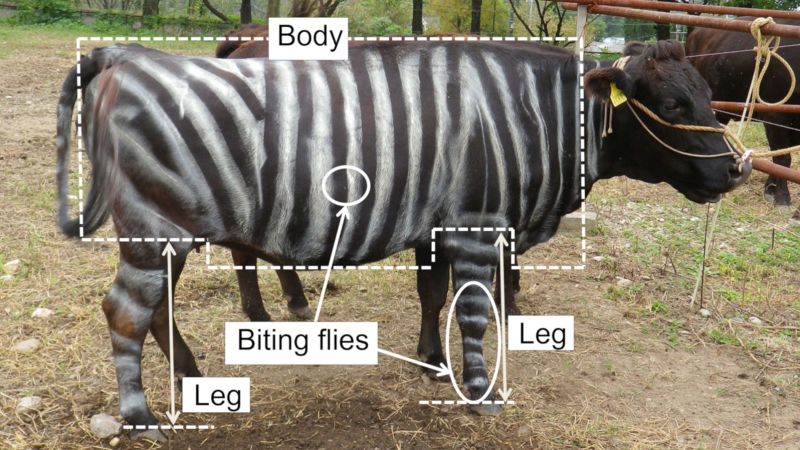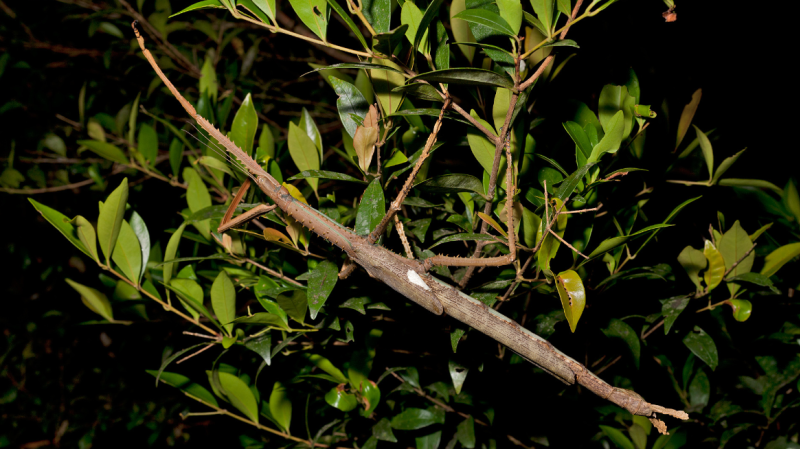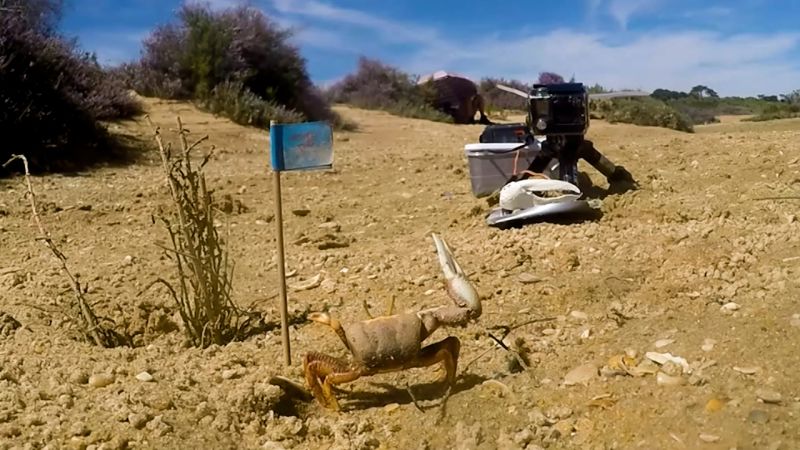
Unconventional Research Recognized in 2025 Ig Nobel Prizes
Culture | 9/18/2025
Researchers investigating unconventional topics were recognized in the 2025 Ig Nobel Prizes. Among the recipients were scientists delving into the effectiveness of painting cows with stripes to reduce fly bites and exploring the culinary preferences of pizza-eating lizards. These unique studies stood out in the annual awards that celebrate unusual and imaginative scientific research.
One of the awarded studies focused on the practice of painting cows with zebra-like stripes to deter flies. This research aimed to address the age-old issue of insect nuisance on livestock, showcasing the innovative approaches scientists are taking to tackle common agricultural challenges.
Another notable study that received an Ig Nobel Prize delved into the dietary choices of lizards when it comes to pizza toppings. This lighthearted investigation sheds light on the diverse dietary behaviors of different species, offering a whimsical yet insightful perspective on animal behavior and preferences.
Reflecting on the Ig Nobel awards, a scientific community member highlighted the importance of recognizing offbeat research endeavors, stating, “While seemingly humorous, these studies often spark creativity and unconventional thinking in the scientific community, leading to unexpected breakthroughs and insights.”
The Ig Nobel Prizes, established as a playful counterpart to the prestigious Nobel Prizes, aim to celebrate research that makes people laugh and then think. The diverse range of topics covered in this year’s awards underscores the value of curiosity-driven research and the spirit of exploration that drives scientific inquiry.
As the scientific community continues to push boundaries and explore new frontiers, the Ig Nobel Prizes serve as a reminder of the importance of creativity, humor, and unconventional thinking in advancing knowledge and understanding across various disciplines.


